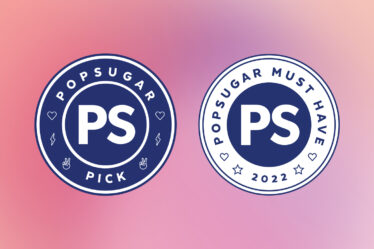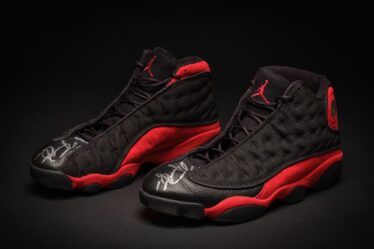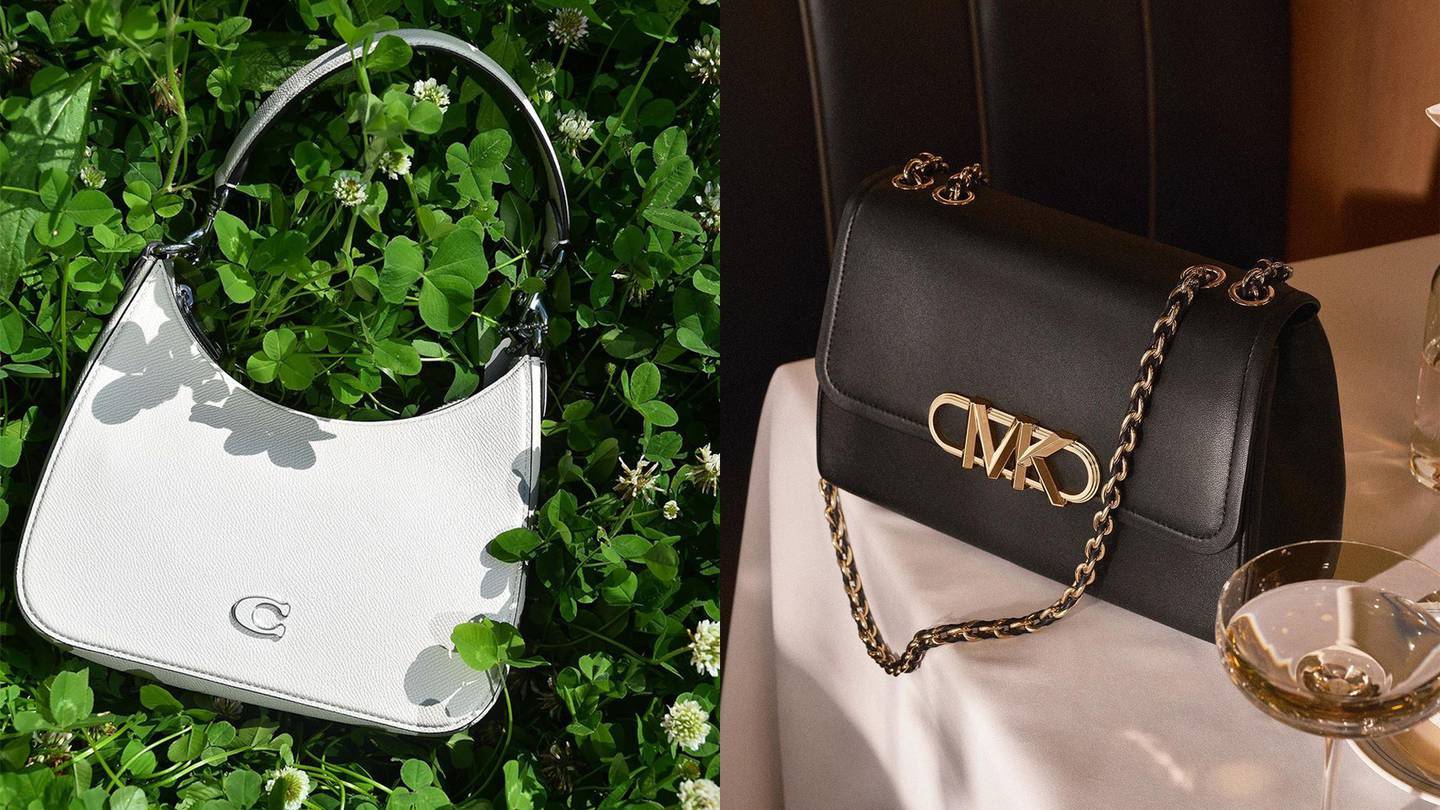
All year fashion’s M&A market had been at a near standstill as investors became choosier about their targets — and how much they would pay for them — against a backdrop of rising interest rates and worries over a consumer slowdown.
Last month, Kering said it would acquire 30 percent of Italian couture house Valentino for €1.7 billion ($1.9 billion), as part of a broader partnership with Qatari investment fund Mayhoola. But M&A in accessible luxury had been particularly stagnant.
That all changed this week, with the announcement of two major deals.
The larger of the two was Coach owner Tapestry’s mega-merger with Capri, parent company of Michael Kors, Versace and Jimmy Choo. But two days earlier, another deal was announced: Australian fashion label Zimmermann, owned by its founding family and Italy-based Style Capital, sold a majority stake to private equity giant Advent International in a transaction valuing the company at a reported $1.15 billion.
For some fashion observers, the Zimmermann sale was a surprise. A number of attractive targets in accessible luxury have been on the market for some time, including Isabel Marant and Ganni. None has been able to find a buyer. So why was Zimmermann able to sell at a valuation north of $1 billion when others are still waiting for the right price?
Recent market conditions have made the situation harder for brands aiming to sell. With credit tightening, investors have become more hesitant. Meanwhile, spending among aspirational shoppers in the US has dried up, creating a tough environment for labels with high exposure to the market. It’s enough to make many potential buyers think twice.
In this context, getting alignment between the price a seller wants and what a buyer is willing to pay — more art than science, even in the best of times — can prove difficult. Investors have become less forgiving in their search for the right mix of brand DNA, profits and growth potential, while brands can be reluctant to lower their price expectations.
Zimmermann, founded by sisters Nicky and Simone Zimmermann in 1991, was able to overcome these obstacles because the brand had a number of factors working in its favour which helped convince Advent it was worth snapping up. For one, despite the volatility of the past few years, the business has grown consistently and profitably, reportedly surpassing $260 million in annual revenue with a more than 30 percent profit margin.
“You see the light when it’s dark,” said Roberta Benaglia, chief executive of Style Capital, which retained a minority stake in the business, noting that the brand has kept sales rising and profit margins high even amid the slowdowns in the US and elsewhere.
Zimmermann also has a clear and easily recognisable brand signature and a product offering that’s alluring but modest enough to translate globally. It’s also well-suited to the post-pandemic moment. Its floral dresses are resort-ready at a time when many women are thrilled to travel again, though the label has also harnessed “resort” as a lifestyle beyond travel and is well-positioned to capitalise on the return of weddings.
It certainly doesn’t hurt that its products are priced to offer good value for money, and its directly operated “retail machine” (in addition to top stockists, the brand has 58 of its own boutiques) is “managed in an impeccable way,” as Benaglia put it. Also key: the Zimmermann sisters, and their proven management and creative teams, will remain in place after the sale, ensuring continuity as the brand aims to accelerate growth.
Zimmermann believes it has plenty of room for expansion in regions such as Europe, where it could stand to double its distribution, as well as the Middle East and China, where it has been well-received but has only two stores. E-commerce is another growth vector.
Investors often look for brands with a long-term vision that have reached an inflexion point and need a partner to help them reach the next level. Clearly, Advent believes it has found just such a brand in Zimmermann.
THE NEWS IN BRIEF
FASHION, BUSINESS AND THE ECONOMY
Tapestry is acquiring Michael Kors, Versace and Jimmy Choo in a $8.5 billion deal. The deal will bring new heft to New York-based Tapestry’s portfolio, adding the Kors, Versace and Jimmy Choo labels to the US group’s existing Coach, Kate Spade and Stuart Weitzman brands, helping it to compete with Europe’s luxury fashion giants.
Advent buys Zimmermann in a $1 billion deal. The investment by Advent International will allow Zimmermann to speed up expansion abroad including in Asia and the Middle East, and boost its distribution network, including online, the companies said in a statement. Financial terms were not disclosed, but two people close to the matter told Reuters the transaction valued the brand around $1.15 billion.
Ralph Lauren sees muted Q2 sales as US market loses steam. Ralph Lauren on Thursday forecast current-quarter sales largely below Wall Street expectations, as demand for its pricey sweaters, shirts and outdoor wear tapers amid a broad slowdown in US luxury spending. The company saw a 10 percent drop in quarterly revenue in North America, though sales in China surged more than 50 percent.
Allbirds smaller-than-expected sales dip leads to stock gain. The company’s sales fell 10 percent year over year to $71 million. The embattled sneaker seller was expecting revenue to drop as much as 18 percent.
Pellicano strikes €200 million investment deal, sets expansion plan. As part of the deal, investment firm Aermont Capital has committed €200 million ($219 million) to acquire new properties across Italy to add to Pellicano’s portfolio. Currently, Pellicano, known for its impeccable style, personal service and fashionable clientele, operates three locations throughout Italy.
Under Armour posts surprise profit on easing cost pressures. The company’s gross margins fell 60 basis points to 46.1 percent in the quarter ended June 30, compared to a year earlier. Meanwhile, its selling, general and administrative expenses declined by 1 percent to $587 million, helped by lower freight costs.
UK fashion retailer Superdry secures fresh funding. Struggling British fashion brand said it has secured additional funding of up to £25 million ($32 million) from restructuring specialist Hilco Capital, but faces paying interest of just under 16 percent. The group raised £11 million in a share placing in May.
UK fashion retailer Superdry secures fresh funding. Struggling British fashion brand Superdry said on Monday it has secured additional funding of up to £25 million ($32 million) from restructuring specialist Hilco Capital, but faces paying interest of just under 16 percent.
Warby Parker grows profits in the second quarter. The eyewear maker’s revenue grew 11 percent to $166 million in the second quarter of the year, and it generated $14 million in adjusted earnings before interest, taxes, depreciation and amortisation, up from $6 million a year earlier.
Resale sites inch closer to profitability. The RealReal and ThredUp, two of the biggest online resale platforms in the US, both reported narrowing losses in their latest earnings reports. ThredUp posted a net loss of $18.8 in the second quarter of 2023, down from $28.4 million in the year prior. The RealReal, meanwhile, saw its net loss drop to $41.3 million in the quarter compared to $53.2 million in 2022.
New Gucci designer teases Daria Werbowy campaign. On Saturday, new Gucci creative director Sabato De Sarno offered a glimpse of his vision for the stalled Italian megabrand, posting an image from a high jewellery campaign starring model Daria Werbowy to his personal Instagram account.
Pigment dye start-up Nature Coatings secures $2.45 million investment. The round was led by early-stage venture fund Regeneration.VC and The 22 Fund, with participation from Leonardo DiCaprio.
US inflation cooling as consumer prices rise again. US consumer prices increased moderately in July as higher rents were mostly offset by declining costs of goods such as motor vehicles and furniture, a trend that could persuade the Federal Reserve to leave interest rates unchanged next month.
THE BUSINESS OF BEAUTY

Biotech firm Amyris files for bankruptcy and shutters brands. The manufacturer-turned-incubator has filed for Chapter 11 bankruptcy and put its consumer businesses, including Jonathan Van Ness’ line, JVN and Rosie Huntington-Whiteley’s colour cosmetics line Rose Inc., up for sale. This announcement came days after Amyris shuttered Brazilian skin, hair and fragrance line Costa Brazil and clean beauty retailer Onda Beauty.
Farfetch to close beauty division. The luxury marketplace will shutter beauty at the end of the month to focus on improving luxury fashion sales. The company had hoped to take a “leading position” in the space when it launched cosmetics, skin care and hair care in April 2022 but found it harder than expected to attract shoppers.
Amyris to shut down Costa Brazil and Onda Beauty. Amyris, the biotechnology and product manufacturing company, is shutting down two of its beauty labels: Brazilian skin, hair and fragrance line Costa Brazil, founded by former Calvin Klein designer Francisco Costa; and clean beauty retailer Onda Beauty, co-founded by actress Naomi Watts.
Olaplex plunges after weak demand drives guidance cut. Olaplex Holdings Inc. shares sank as much as 27 percent in early trading after the hair care company cut its full-year sales guidance amid weak demand. Olaplex now expects fiscal 2023 sales of $445 million to $465 million compared with prior guidance for sales of $563 million to $634 million.
PEOPLE
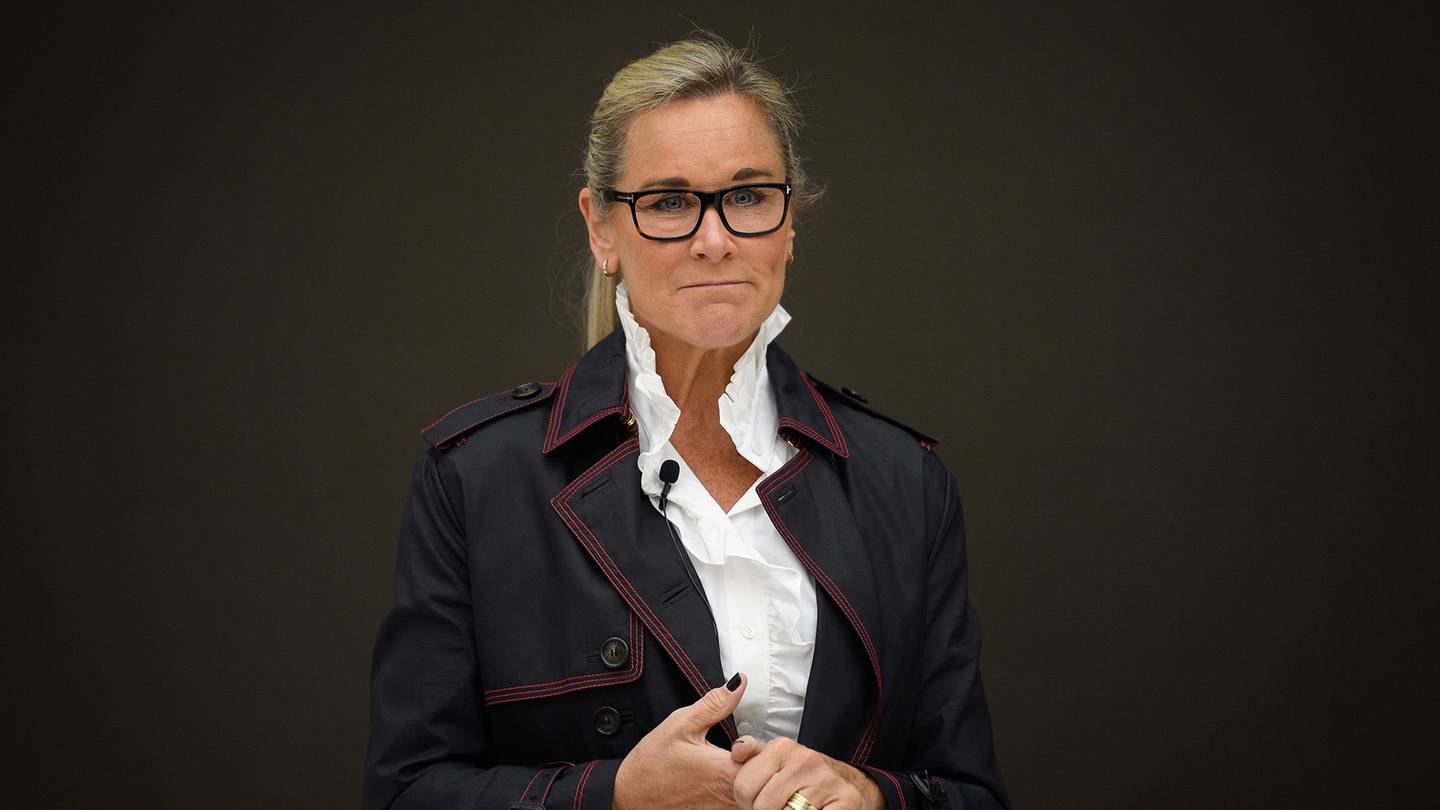
Kim Kardashian’s private equity firm taps Angela Ahrendts for advisor role. Ahrendts, who was named senior operating advisor for SKKY Partners, previously served as senior vice president at Apple and chief executive of Burberry.
MEDIA AND TECHNOLOGY
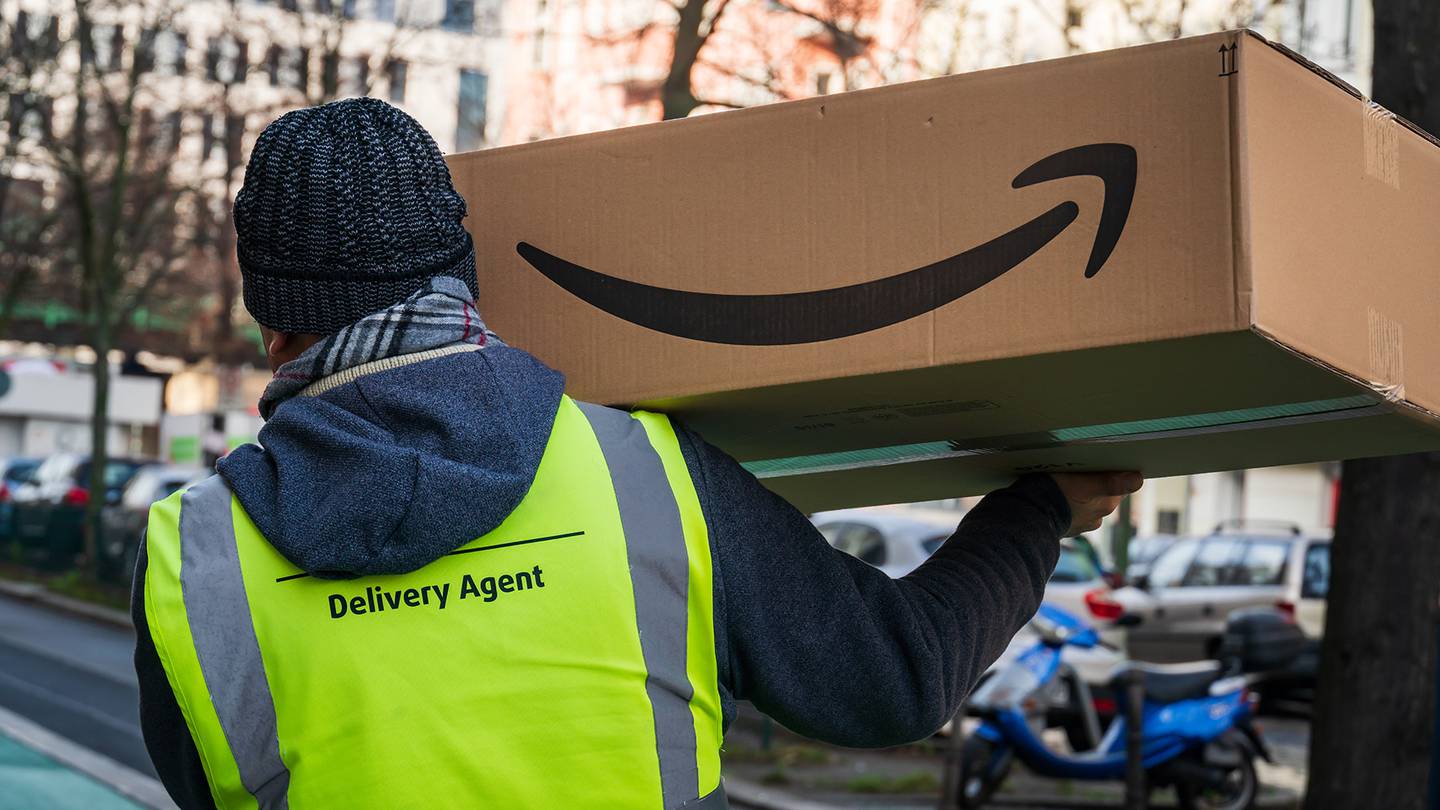
Amazon scraps private label brands in cost-saving measure. The company has eliminated 27 of its 30 in-house clothing labels in an attempt to reduce costs and address antitrust scrutiny.
Compiled by Sarah Elson.

